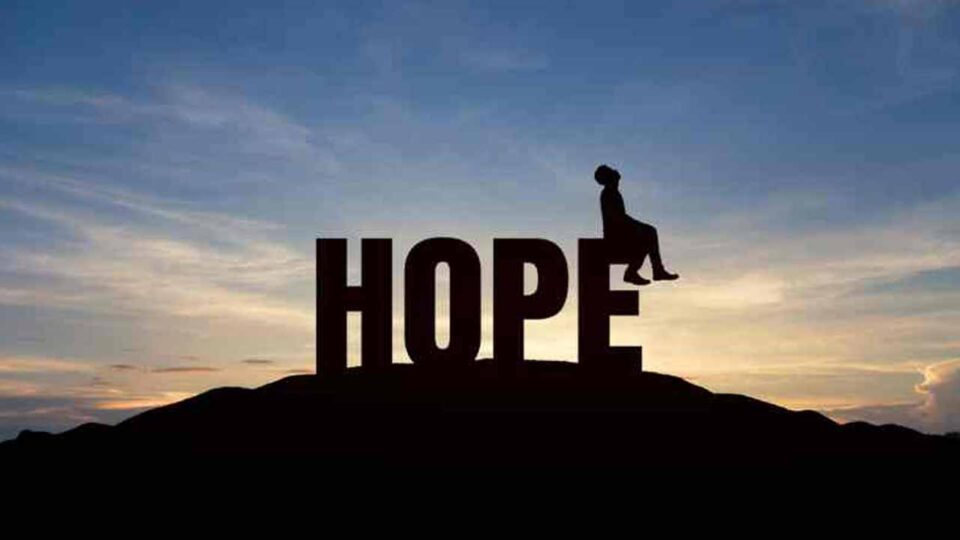
24 Jul2020

share



To read the original article click here
Hope is wanting a goal or an outcome that will improve your life and make it better. It’s about being optimistic, looking on the bright side and seeing challenges as opportunities. It’s hoping for the best and having a desire for things to change for the better.
Hope is also believing in something that you cannot see yet. Or as Napoleon Hill says, “Whatever the mind can conceive and believe, it can achieve”. In a spiritual context, it is believing that good things will happen to you through faith in a higher power.
What Hope Isn’t?
Hope can sometimes get a bad rap because some people misunderstand what hope really is. To help you with that, I will explain what hope isn’t.
Hope isn’t being so positive that you ignore potential danger. Let’s say you get a pain in your body, maybe a chest pain, and you hope or believe that it will heal by itself. As a result, you don’t bother seeing a doctor. However, what if it doesn’t heal and you don’t get the medical treatment you need? You could end up potentially much worse off with devastating consequences.
Hope is not traveling to a part of the world that requires vaccinations with the belief that “Nothing bad will happen to me”, so I won’t bother getting vaccinated”. That’s not hope. That’s taking an unnecessary risk!
Hope is not running a marathon with little or no training because you believe you will be absolutely fine. Sometimes your level of confidence can be higher than your level of competence. Having hope in that situation is not helpful. That kind of hope is blind or false hope.
Why is Hope Important?
Hope will help you get through a tough time and make it much more bearable. It will help you improve your future by thinking, feeling and imagining the life you want. It will motivate and inspire you to take action.
Having hope is of crucial importance for your future. Hope helps you identify how you want your life to become. Hope encourages you to stay focused on what you want.
You also need hope to set realistic goals. Without hope, you either don’t set goals. Or set goals that are very easy to achieve or extremely challenging. With a good level of hope, you are more likely to set realistic goals.
Hopeful people are better at school, college, or work. They have better ideas, more initiative, and creativity. As a result, they are more successful and happier.
Martin Seligman says that “hope reduces stress and the feeling of helplessness, boosts happiness and improves the quality of your life”. Well known psychologist Shane Lopez was quoted as saying “hope has the power to make bad times temporary”.
Benefits of Hope.
The benefits of hope include:
Being more positive.
Better health and an improved immune system.
Better emotional control.
Less stress and anxiety. Anxiety comes when you negatively imagine your future. Feeling hopeful creates positive thoughts and images about the future. This naturally lowers stress and anxiety.
Higher levels of self-esteem and self-worth.
Better social life and relationships because you are more fun to be with.
Healing quicker from injuries because of higher levels of dopamine, endorphins, and other neurochemicals that help the healing process and also give you more energy.
Being more creative, productive, and better at your work.
Now that you can see the importance of having hope in your life. Let’s see if you are already hopeful.
How to Know if You Are Hopeful?
When you are hopeful,
You believe in the present and have fewer regrets about the past or worries about the future.
You are more creative, and better at solving problems.
You have a positive view of your problems and challenges, and your ability to deal with them.
You appreciate yourself and others more, and you are grateful for the things you already have.
You are willing to try new things and find out what works for you and what doesn’t.
You see failure as feedback and as a learning opportunity, a chance to do something different and change your approach.